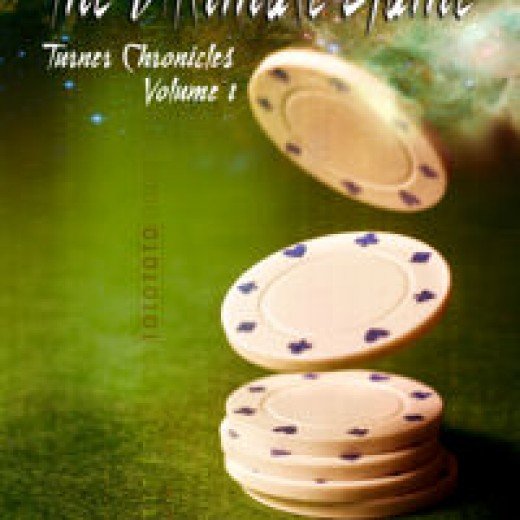Writing an Unlikeable Protagonist by Kay Keppler
 Let’s welcome back monthly columnist, editor, and novelist, Kay Keppler, as she shares with us “Writing an Unlikeable Protagonist.” Enjoy!
Let’s welcome back monthly columnist, editor, and novelist, Kay Keppler, as she shares with us “Writing an Unlikeable Protagonist.” Enjoy!
***
Do protagonists have to be likeable? Of course, because how else can a reader bond with your hero? Of course not, because some of the most fascinating protagonists in literature are unlikeable, or indeed, hateful.
Let’s look at this conundrum more closely.
Must a hero be heroic?
Many readers expect the hero of the story to be, well, heroic. If not likeable, many readers want their protagonists to be admirable in some way. That makes sense, because liking a protagonist helps readers engage with the hero’s struggles. And if the hero is perhaps not as likeable or admirable as, say, Santa Claus, then he might have to be at least fascinating to compensate.
The anti-hero
Many readers (or viewers) will accept hookers (Pretty Woman), con men (anything by Donald Westlake), thieves (Leverage), or even murderers (Dexter) as protagonists, depending on the character’s background and the story context. What makes readers root for an anti-hero is due primarily to two things:
- The protagonist works against the system
- The protagonist isn’t a predator
Many viewers liked Dexter, a vigilante serial killer who hunted down and killed murderers that slipped through the cracks of the criminal justice system. The fact that Robin Hood stole from the rich and gave to the poor made him universally admired. But if your protagonist preys on people or hurts them for his or her selfish ends, the story (usually) loses traction quickly, no matter how great the writing is.
You like this guy?
And then there’s House of Cards, which upends that theory. House of Cards is an American political drama loosely based on a British mini-series, which was, in turn, based on a book by Michael Dobbs. As Dobbs said, the story is a “dark tale of greed, corruption, and unquenchable ambition,” exemplified by its protagonist, Frank Underwood—a ruthless politician who stops at nothing to achieve power.
Underwood is a repellent manipulator with no redeeming qualities. So why does this television serial enjoy such a large and enthusiastic fan base? I think it’s because Underwood has:
- Clear motives. No matter how Machiavellian his schemes, Underwood has an established motive for everything he does. His actions are an expression of his goals. And he communicates his motives to the audience, so viewers understand him. They can buy into his behavior.
- Because everything that Underwood does serves his personality and goals, even his most outrageous, immoral, and evil actions are authentic and believable. This cognitive dissonance—the push-pull of dislike and understanding—makes Underwood, and the show, compelling to watch.
- Genuine relationships. To Frank Underwood, everyone can and will be manipulated so he can achieve his goals. He destroys anyone without regret if it benefits him to do so. However, his relationship with his wife, Claire, is based on love, respect, and honesty. Frank will never betray her.
Get to the heart of your protagonist
Frank Underwood, a supremely unlikeable protagonist, works as a character because he has clearly defined and communicated motives and goals, acts consistently with those motives, and has a genuine relationship with another character. These aspects are important to all protagonists—likeable or not.
The kind of story you want to write will dictate what kind of hero you need. Just be sure you handle your unlikeable protagonists with the same care, understanding, and detail you’d give the characters you like and admire.
***
ABOUT THE AUTHOR
Kay Keppler is an author Zero Gravity Outcasts, Betting on Hope, Gargoyle: Three Enchanting Romance Novellas, and editor of fiction and nonfiction –Angel’s Kiss and Outsource It!
is an author Zero Gravity Outcasts, Betting on Hope, Gargoyle: Three Enchanting Romance Novellas, and editor of fiction and nonfiction –Angel’s Kiss and Outsource It!
She lives in northern California. Contact her here at Writer’s Fun Zone in the comments below, or at kaykeppler@yahoo.com to ask questions, suggest topics, or if you prefer, complain.






